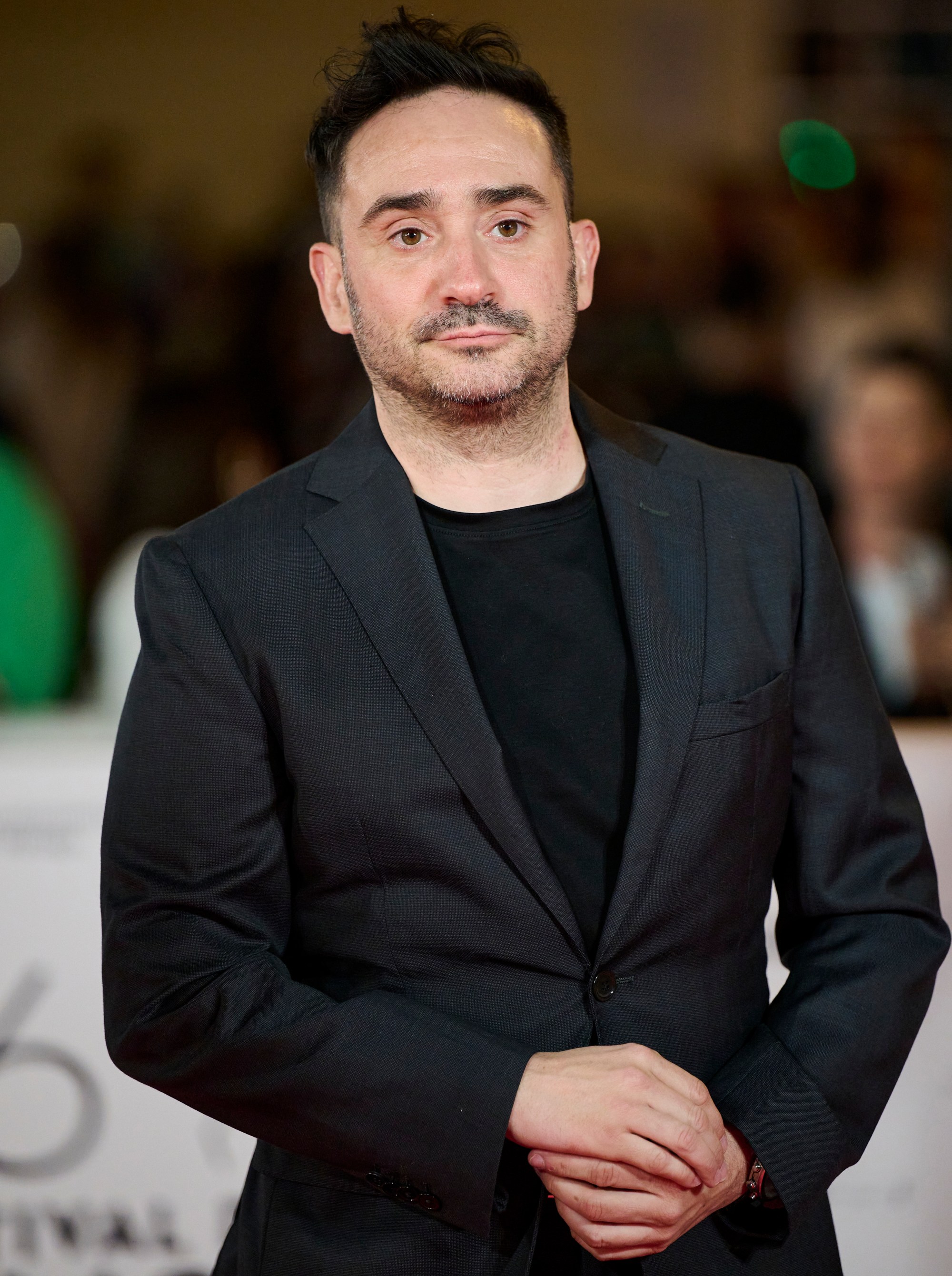
- Interviews
J.A. Bayona Guest of Honor at the 41st Brussels International Fantastic Film Festival
Spanish director Juan Antonio Bayona was anointed Knight of The Order of the Raven, a long-standing festival tradition at BIFFF. His much-loved cult movie A Monsters Calls, a coming-of-age drama of monumental magnitude with a phenomenal cast (Felicity Jones, Sigourney Weaver, Liam Neeson) was shown to an enthusiastic audience of horror fans.
Bayona rose to fame in 2007 when he directed The Orphanage, followed by the critically acclaimed The Impossible in 2012. Six years later, Bayona followed in the footsteps of his longtime hero Steven Spielberg, when he directed the science fiction adventure film Jurassic World: Fallen Kingdom, the fifth installment of the Jurassic Park film series. Most recently, the Barcelona native was also at the helm of the first two episodes of The Lord of the Rings: The Rings of Power.
We spoke at the Brussels International Fantastic Film Festival 2023.
You are one of the best-known horror directors of our time. Why is it that draws audiences to your work?
I really like to get into the psychology of all the characters and focus on what each character is going through in a very expressive way. I always want to make sure that they have a sense of truth, which is rooted in the psychology of each character, whether they are real or not. I honestly think that’s what makes a story better, so in that sense, as a director, I try to put my own truth, my own vision in each story. Once you feel a story talks to you in a very personal way that you know, you are dealing with the right material. So, it’s critical for me to trust my intuition, for my intuition is probably the biggest and most important tool I have as a director.
The Orphanage made you an overnight success. How did you handle that and how was your experience working in Hollywood?
After the film’s success at Cannes, The Orphanage was released all over the world, which was big for such a small, independent Spanish film. In a sense, I didn’t even have time to process what had actually happened to me. I often read stories of European directors going to America, some more successfully than others, so I was very cautious about going to Hollywood.
Probably one of the best pieces of advice I ever got was from Guillermo del Toro: “You need to learn how to say ‘no’. It’s more important when you say no than when you say yes.” So, I said no to Hollywood for many years. I did the first two episodes of Penny Dreadful and after having produced and directed three movies in Europe (The Orphanage, The Impossible, and A Monster Calls) I had the chance of working with Steven Spielberg in Hollywood, which I really loved because his movies have had such a big influence in my work.
It was incredible to have had a chance of shooting with one of my idols, especially because I realized we spoke the same language and understood each other so well. It was one of my biggest and most beautiful memories.
Did you dream of making horror movies when you were a kid?
I was a very scared kid and could not watch horror movies. I couldn’t even listen to the screams from my bedroom, which was even more terrifying because I was imagining those screams in my mind and putting my own images of them. Those moments taught me that it’s scarier what you don’t see than what you actually see.
With so much real horror going on in today’s world, do you think the audience may steer away from seeing this genre on screen?
I think horror is a great tool to interpret what’s going on right now in the world. Sometimes, you need that distance from reality in order to process what’s going on. And in that sense, every period of crisis has been very successful in terms of the horror movies that were made at the time. I think somehow fantasy allows a person to process what’s going on in the world, in a way that you can find enough distance to what’s going on today.

